As a strategy, organization and communication consulting firm, Pantheon Work stands out for its ability to help identify and better and comprehensively manage intangible resources such as relational capital, reputation and talent.
As a team we follow these principles:
- Value and concrete results in each iteration: Our work is carried out in processes that generate value for the organization, whether already underway or ad-hoc
- Participation and recognition: seeks to involve people, and provide opportunities to develop and demonstrate their knowledge, skills and creativity
- Emotions and perceptions: we are aware of the situation and the work environment, and we assume the tensions inherent in any organization to help channel them in generating satisfactory results
- Technologically agnostic: we try not to make our work depend on particular technological solutions and to start from those already available
- Transparent methodology and criteria: our way of working is open and can be adopted by any organization. We facilitate the achievement of results without generating dependency with our services.
We do not start from fixed methodologies but we have a toolbox that is constantly being improved and expanded in order to:
Thinking in terms of systems and generative sequences
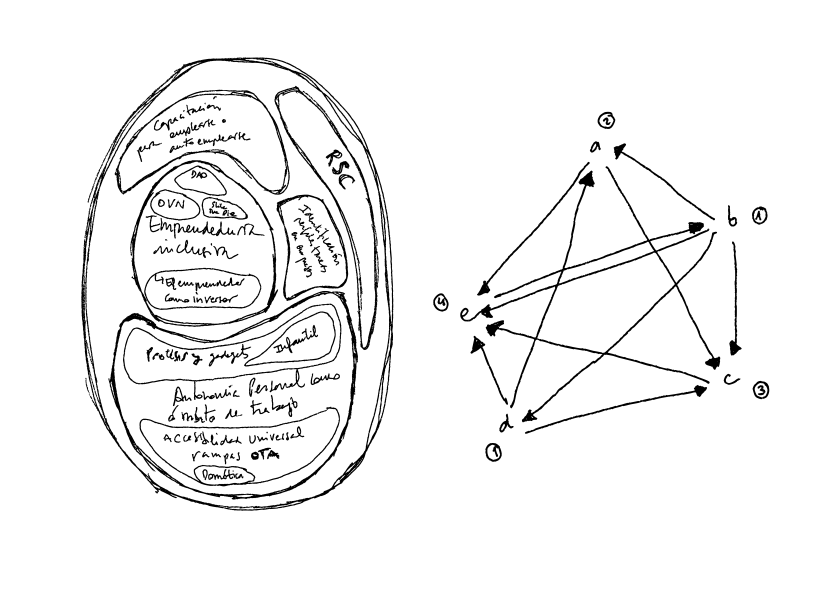
We consider any domain as a system in a context. We use methodologies to take into account how a change may affect the rest of the system, and we look for generative sequences, in the sense of Christopher Alexander, to make the system more robust and coherent.
Relying on collective intelligence and imagination
We start from the fact that those who know the most about your organisation and business are the people who are part of it and its stakeholders. We use participatory techniques that combine visualization, interaction, dramaturgy and discursive planning, with methodologies such as Metaplan or Dialogue Mapping.
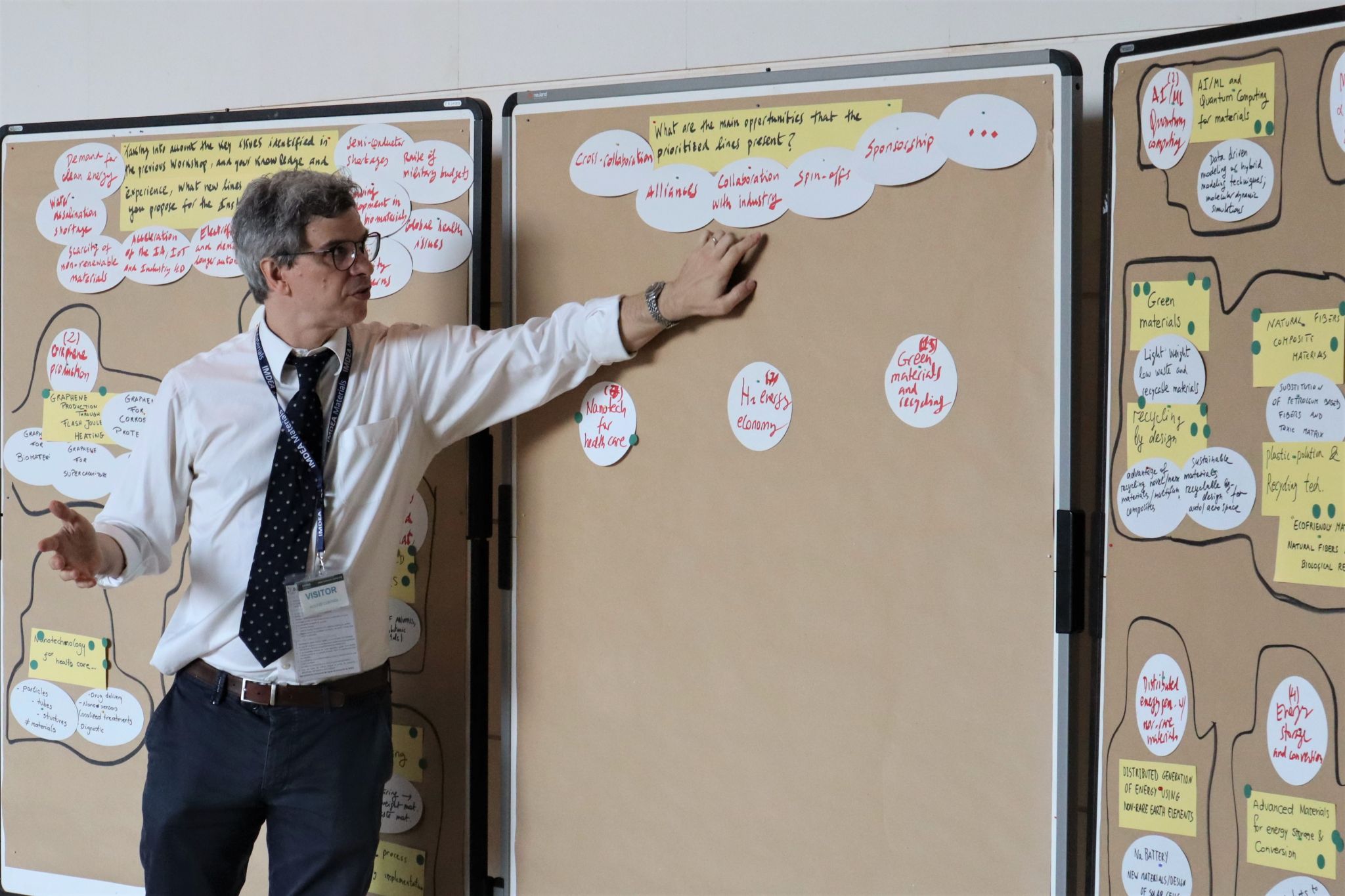
Modeling value streams
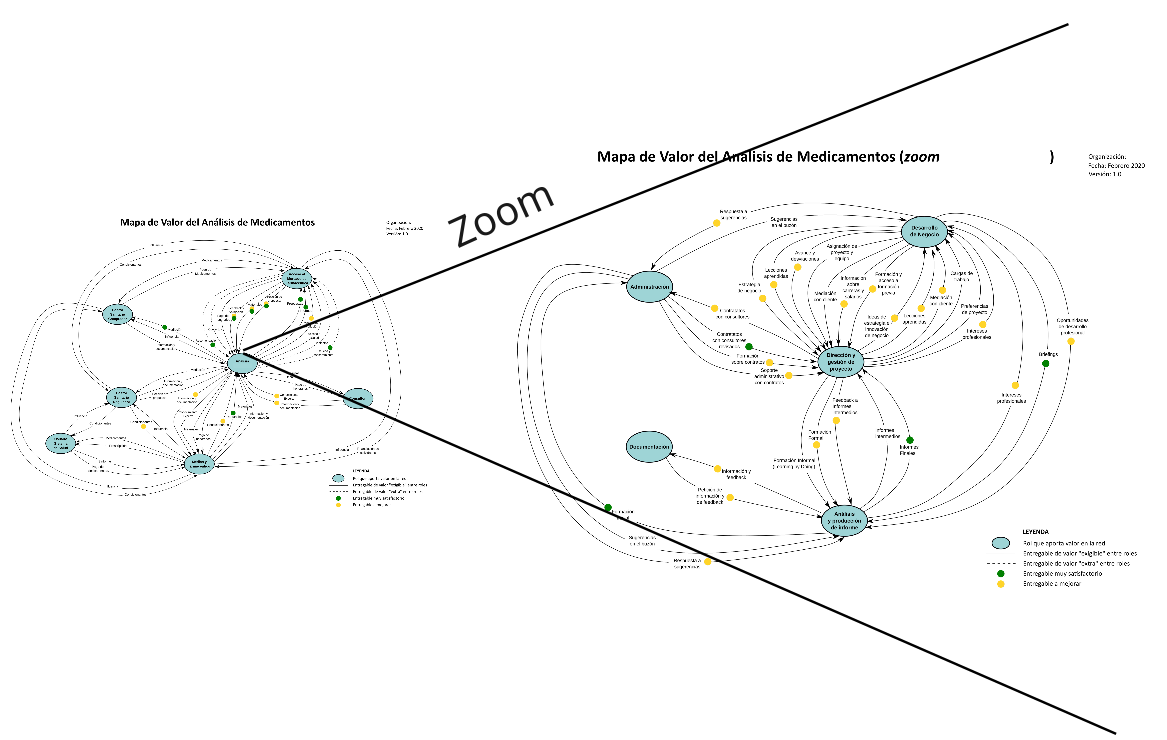
Following Verna Allee, we model maps that show the value exchange in which the organization participates, allowing us to look for opportunities for innovation, platforming and triple impact.
Revealing properties of the underlying networks
We analyze networks of relationships that we obtain from questionnaires, e-mail servers, network monitoring, web scrap, public sources of information, Input-Output Tables of the economy, etc. based on the classics of Social Network Analysis and Organizational Network Analysis.
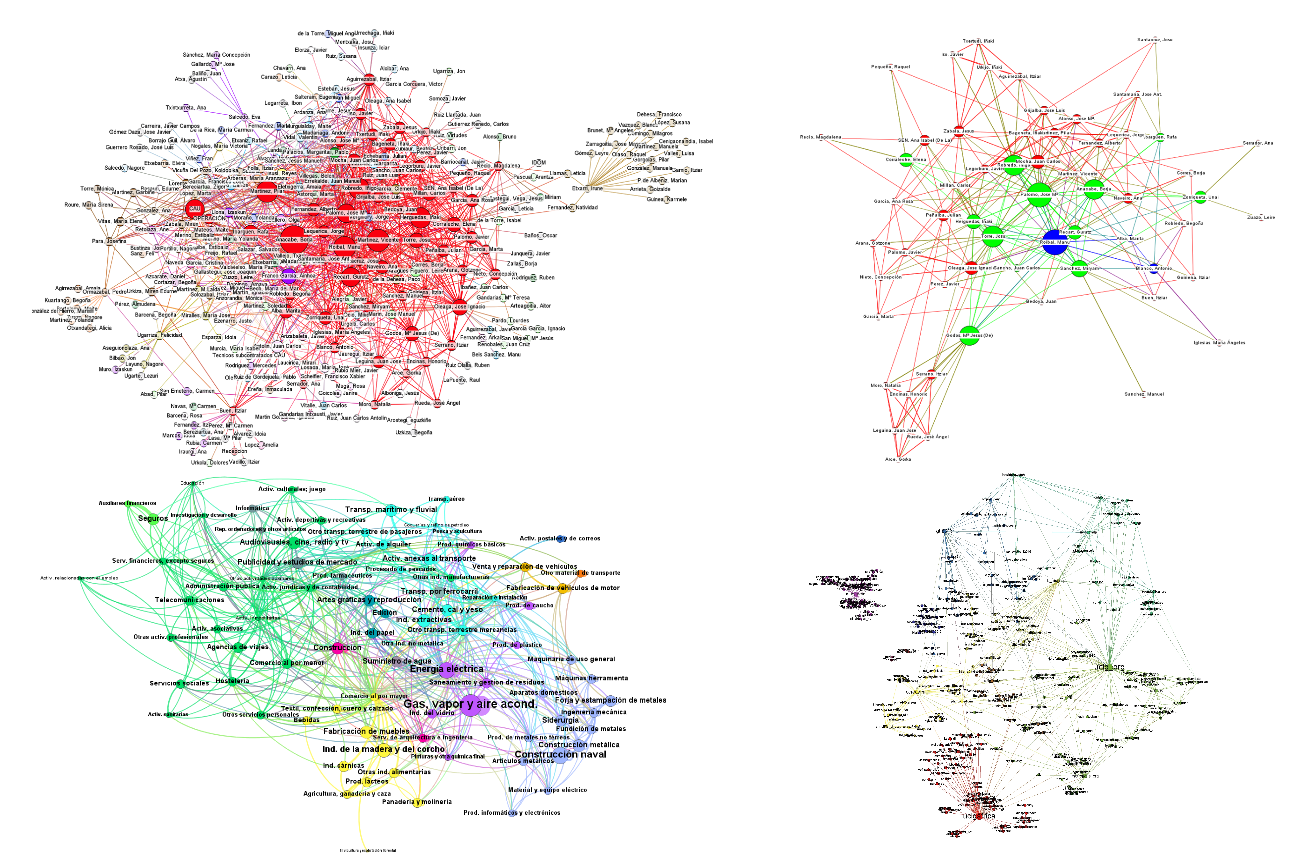
Optimize information and knowledge flows
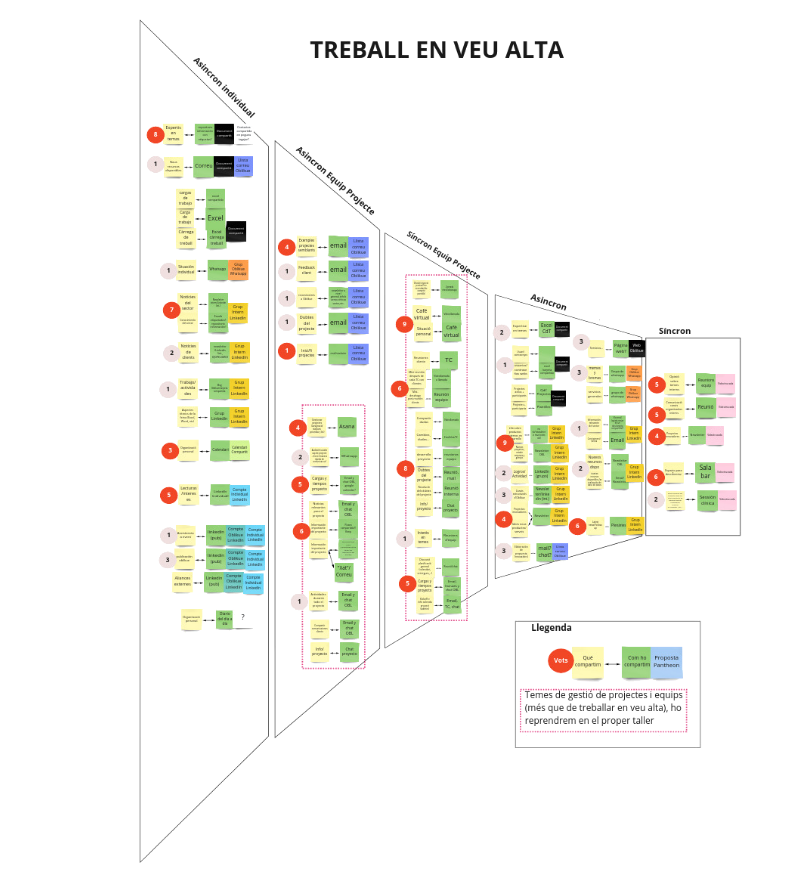
Based on the culture of the Internet and the work of Harold Jarche, we establish clear protocols for communication and working out loud to facilitate knowledge management and organic creativity, and eliminate ineffective meetings at all organizational levels.
Clarify responsibilities
The more we work in an open, cross-cutting and collaborative way, the more we need to clarify responsibilities, accountabilities and the different modes of leadership and decision-making. We have adopted practices from the Internet culture and developed some of our own from our research.
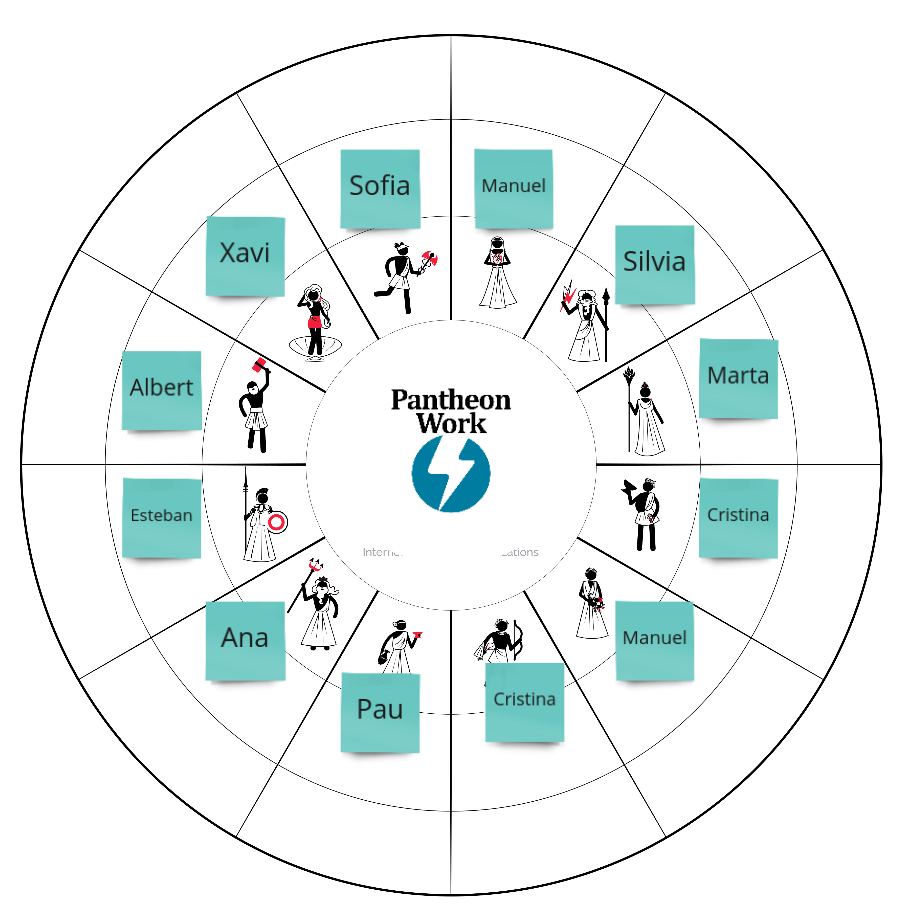
Generate good reputation for people and organizations
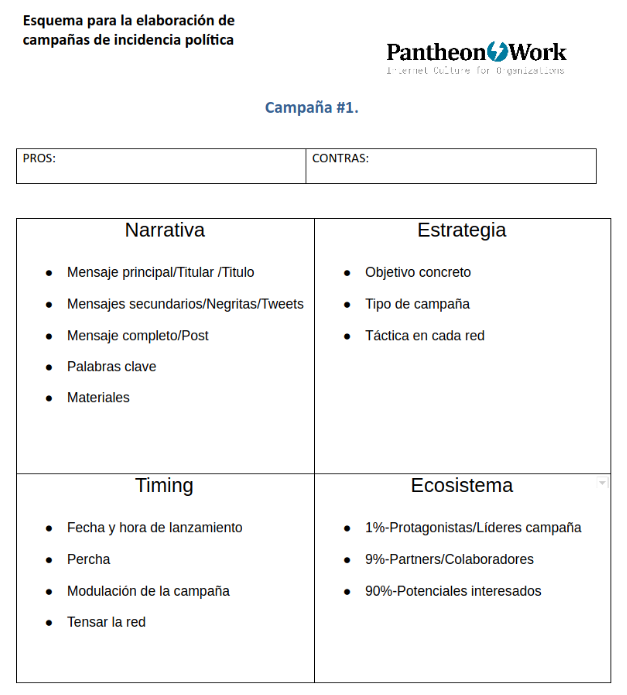
Whether it's knowledge shared internally and externally by working out loud, whether it's through communication campaigns, whether it's by spreading recognition, we believe that reputation is vital in this era, and we adopt practices already well refined and tested by X-Net.
Boosting innovation and careers
We have systematized all our practices in an organic way of working that allows us to attract and retain talent by giving them what they like most: the opportunity to develop new skills in innovation challenges, and generating reputation to increase their value as professionals.

And without ever neglecting the sociodynamic perspective
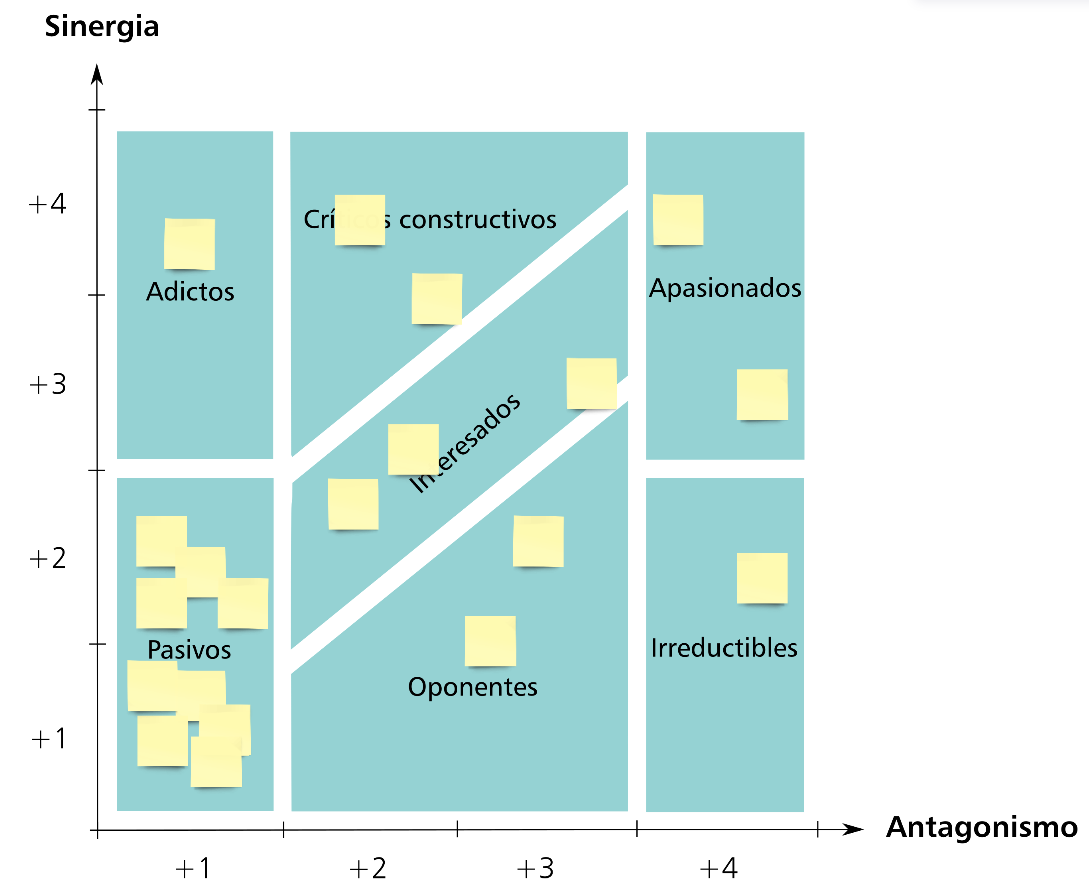
In any human collective there are tensions inherent in conflicts of interest for legitimate or illegitimate reasons. For us, everything has a "political" dimension. With the sociodynamics of Jean-Christian Fauvet and the Palo Alto school of psychology, we go beyond the "resistance to change", which because it explains everything, explains nothing.
